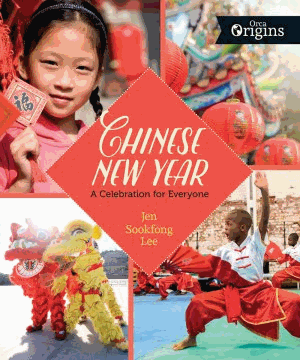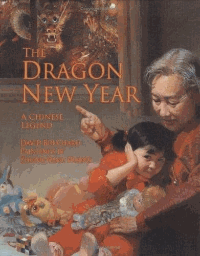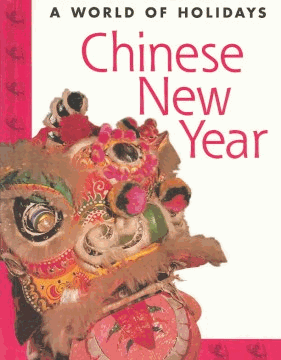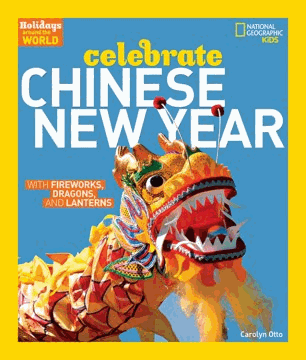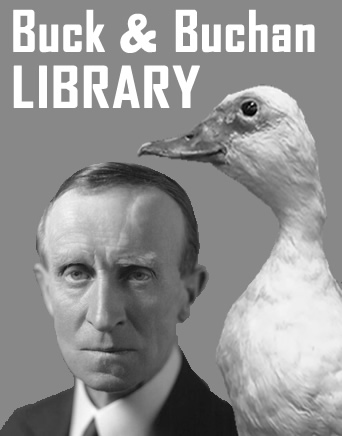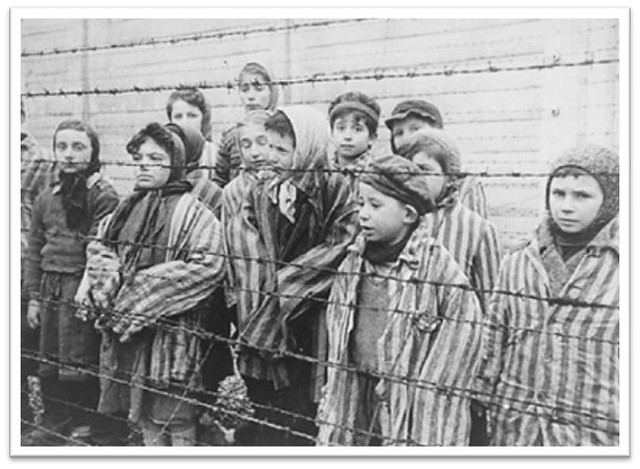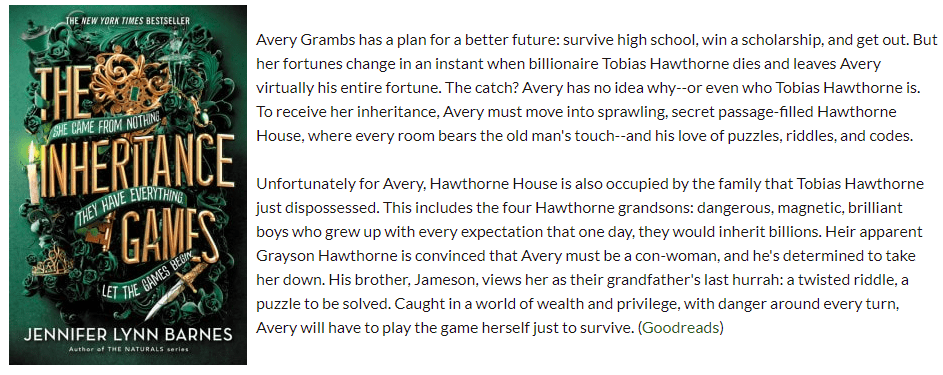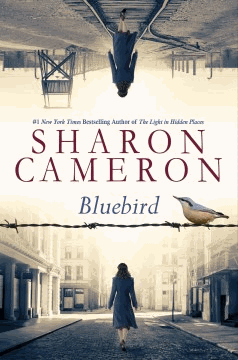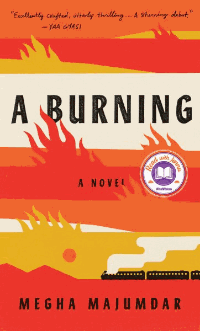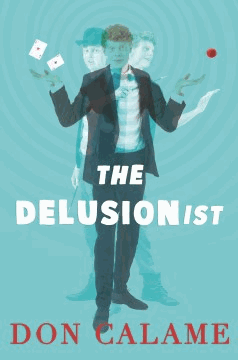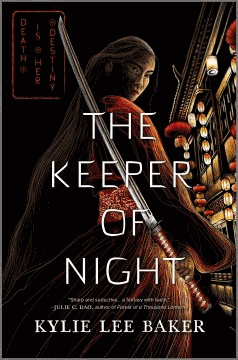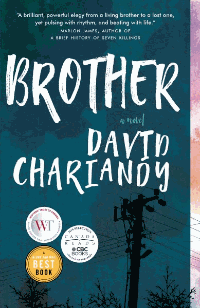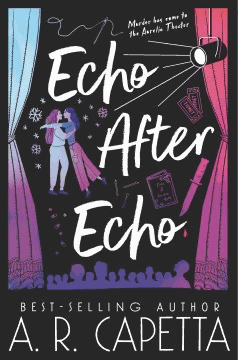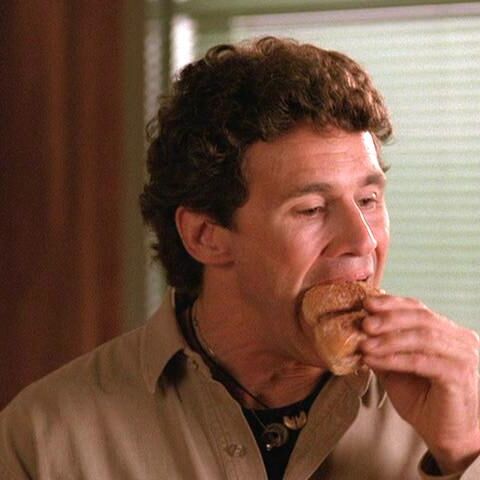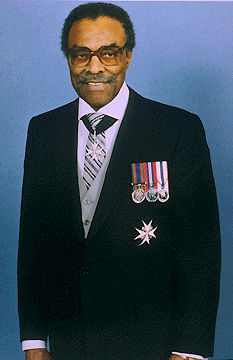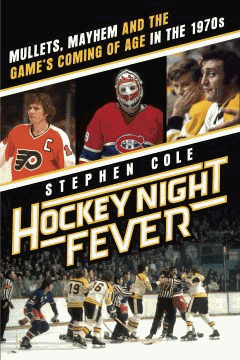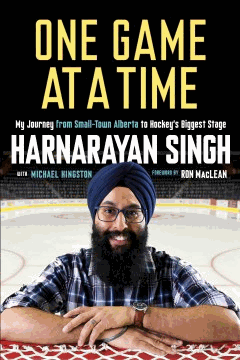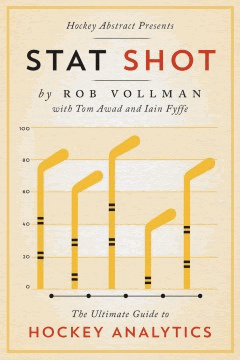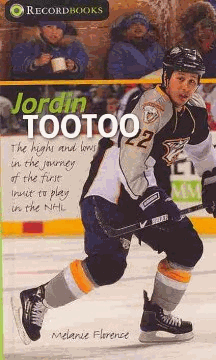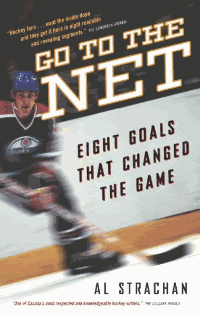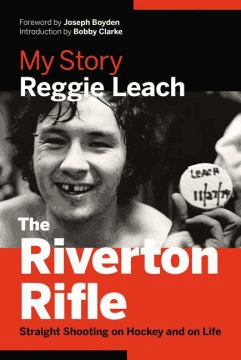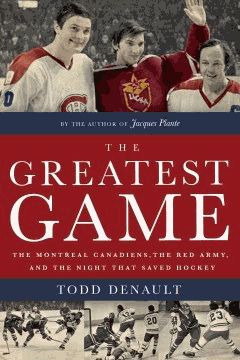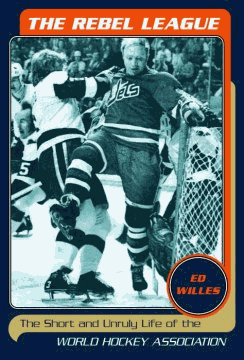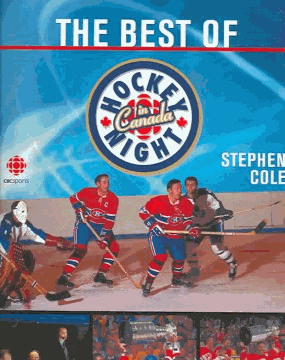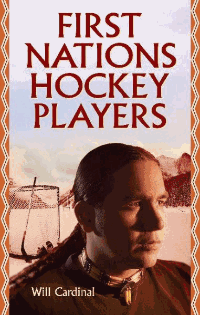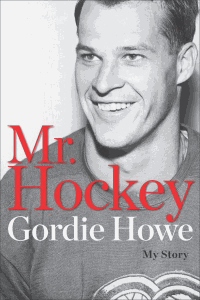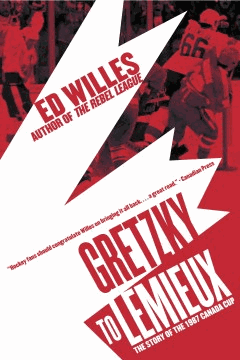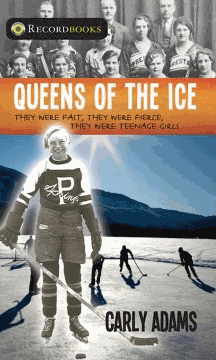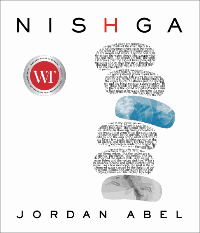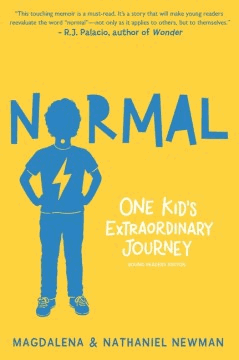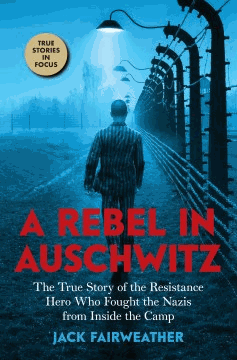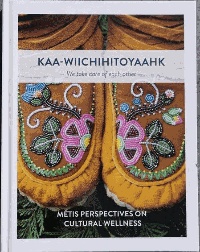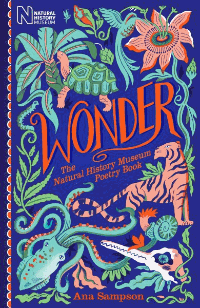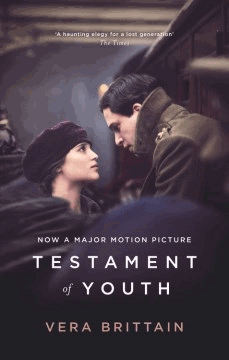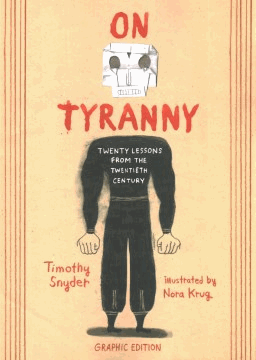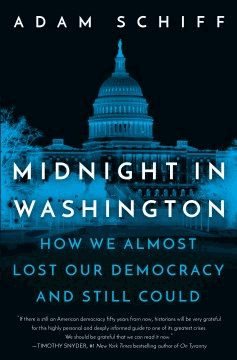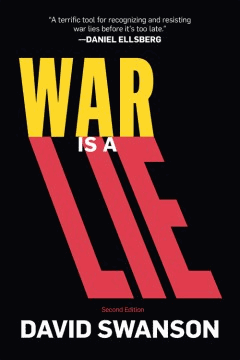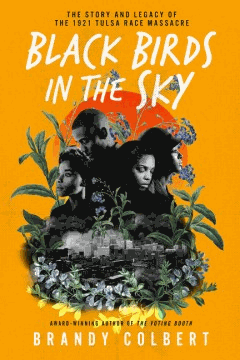The Lunar New Year is observed on February 1, and multiday, even multiweek festivals have begun, many on the weekend. The celebrations around this event include many different local practices and are known by many names around the world, including the Spring Festival; the Lantern Festival, Tsagaan Sar (Mongolia); Tet (Vietnam); Seolial (Korea); Koshogatsu or “Little New Year” (Japan). In North America it is often called Chinese New Year, although the Chinese themselves are more likely to refer to it as the Spring Festival. Moreover, the term “Lunar New Year” is more reflective of the multi-ethnic and multicultural nature of the celebrations. In Canada this is especially important, as many Canadians trace their roots to many different parts of the world, including China, but also to many other places in East Asia such as Korea, the Philippines, Vietnam and Japan.
Today and over the coming days and even weeks people in Canada will join with people around the world to celebrate the new year and look forward to the Year of the Tiger.

The lunar calendar, based on the cycles of the moon, does not match up with the solar calendar, based on the orbit of the earth around the sun. Therefore holidays based on the lunar calendar will change dates from year to year on the Gregorian Calendar, the solar calendar most commonly used by Canadians and people around the world for most scheduling related to business, politics and science, if not cultural and religious observances.
Find out more about Lunar New Year:
Here’s where to ring in the Lunar New Year around Vancouver in 2022
Year of the Tiger at Dr. Sun Yat-Sen Classical Chinese Garden
